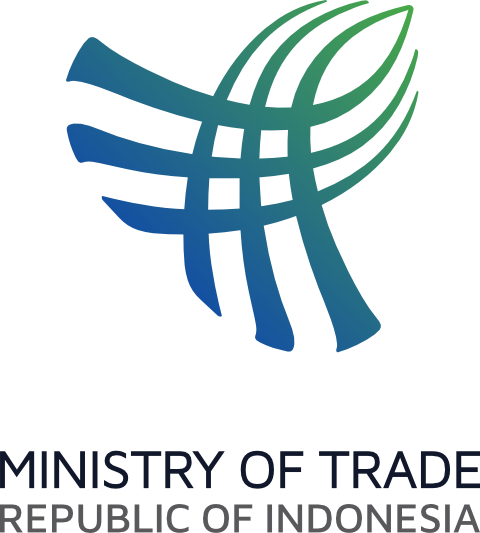
FG pledges support for local EV manufacturing sector
FG pledges support for local EV manufacturing sector
The Federal Government of Nigeria has reaffirmed its commitment to supporting the country’s growing electric vehicle (EV) industry, with a strong focus on promoting local manufacturing, economic development, and job creation. Minister of Industry, Trade, and Investment, Jumoke Oduwole, made this clear during her visit to Saglev Incorporated's EV assembly plant in Lagos. She emphasized the Tinubu administration’s “Nigeria-first” policy, which is aimed at prioritizing local investors and fostering industrial growth through supportive trade, industrial, and investment policies.
Describing Saglev’s facility as a hub of sustainable innovation, Oduwole highlighted that the electric vehicles being assembled consume about 80% less power than conventional vehicles—an advancement that could significantly modernize Nigeria’s transportation and logistics systems. She also rejected the notion that Nigerians don’t support locally made products, arguing that Nigerians are in fact patriotic consumers.
The visit drew attention to ongoing challenges facing the local EV sector, including importation delays and regulatory issues. Joseph Osanipin, Director-General of the National Automotive Design and Development Council (NADDC), disclosed that Nigeria’s EV policy is moving from a draft stage to legislation, with work underway alongside legal experts. He also noted the development of a National Occupational Standard for EV servicing, which will soon be part of curricula in higher institutions across the country.
Lagos State also expressed its backing through Commissioner Folashade Ambrose-Medebem, who stated that the government is supporting investment through access to land, infrastructure, and markets, especially via the Lekki Free Zone and Deep Sea Port.
However, the CEO of Saglev, Sam Faleye, pointed out serious issues affecting local assembly operations. He revealed that several containers of semi-knocked-down EV kits are stuck at the port due to customs portal problems and improper HS code classifications. These bottlenecks, he warned, are delaying deliveries despite customers already placing deposits. Faleye urged the government to streamline customs processes and enforce policies that require value addition for imported EVs rather than allowing fully built vehicles to dominate the market.
Despite the obstacles, Saglev remains focused on providing solutions and advocating for cleaner, more cost-effective mobility. The high-level government visit reflects a renewed push to make Nigeria a serious player in the global electric mobility shift, with stakeholders optimistic that EV investments will reduce fuel reliance, generate employment, and drive sustainable development.








